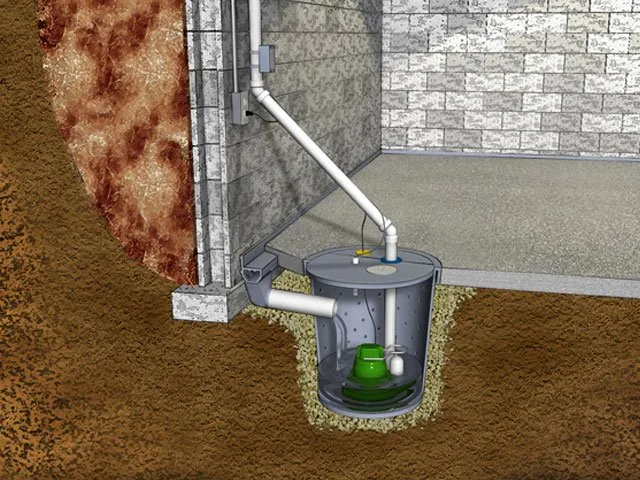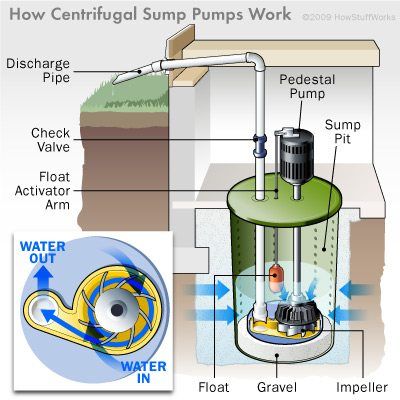Comprehending the Key Elements of Effective Water Filtering Systems

Importance of Water Purification Equipment
Water filtering systems play an essential role in making certain accessibility to safe and tidy alcohol consumption water by efficiently eliminating contaminants and contaminations. These systems are important in addressing the expanding worries over water quality and the possible health and wellness risks related to taking in infected water. By using various filtering systems such as reverse osmosis, turned on carbon, and UV sterilization, water filtration systems can effectively eliminate unsafe compounds like microorganisms, infections, heavy steels, and chemicals from the water supply.
Moreover, water filtering systems help to boost the taste and smell of water by removing chlorine, sediments, and various other pollutants that can influence its high quality. Water Treatment. This enhancement in water top quality not only makes it a lot more tasty but likewise encourages individuals to consume alcohol a sufficient amount of water daily, promoting far better hydration and overall wellness
Sorts Of Filtration Parts

Physical filters are made to physically stress out contaminations from the water. These filters can be made of products like ceramic, carbon, or also sand, and they work by trapping bits bigger than the filter's pores as water goes through.
Chemical filters use different chemical procedures to get rid of impurities from the water. Examples include triggered carbon filters, which adsorb contaminations, and reverse osmosis membranes, which make use of stress to separate contaminants from the water.
Organic filters utilize living organisms like algae or microorganisms to damage down raw material and pollutants in the water. These filters are usually used in wastewater treatment plants or all-natural water purification systems.
Recognizing the various sorts of filtration parts is critical for picking the most suitable water filtering system for certain purification requirements.
Feature of Debris Filters
Sediment filters play an important role in water filtration systems by efficiently capturing strong bits put on hold in the water. These filters are normally the very first line of defense in a filtration system, removing bigger bits such as sand, silt, dirt, and rust prior to the water moves through finer filtration phases. By trapping these sediments, the filters stop them from getting to downstream elements, thus expanding the lifespan and effectiveness of the whole system.
Overlooking this upkeep can lead to clogging, minimized water flow, and jeopardized filtration effectiveness. On the whole, sediment filters are vital components that contribute dramatically to the effectiveness of water filtering systems.
Duty of Triggered Carbon Filters
Playing an important role in water purification systems, activated carbon filters are crucial in removing pollutants and impurities from the water supply. As water passes via the filter, the activated carbon go draws in and holds onto the pollutants, ensuring that the water that comes out on the other side is cleaner and more secure for intake.
Turned on carbon filters are very effective at boosting the taste and smell of water by minimizing chemicals that can affect its top quality. Due to their adaptability and reliability, activated carbon filters are a vital element in guaranteeing that water is purified to the highest possible criteria before getting to consumers.
Recognizing Reverse Osmosis Solutions
Reverse osmosis systems are innovative water filtering systems that employ an advanced procedure to remove pollutants and contaminations from drinking water. These systems work by using pressure to the water, compeling it through a semi-permeable membrane layer.
Additionally, reverse osmosis systems are relatively low-maintenance and can be mounted under the sink or in a main click this link filtration system, providing convenient access to clean water throughout the home. In general, recognizing just how reverse osmosis systems function can assist individuals make notified decisions regarding their water filtering demands.
Verdict
In final thought, effective water filtration systems are essential for guaranteeing clean and secure alcohol consumption water. By recognizing the function and function of each component, people can make educated decisions when selecting a water purification system.
Water filtering systems play an essential duty in making sure access to clean and risk-free drinking water by effectively getting rid of contaminations and pollutants. By utilizing numerous filtering mechanisms such as reverse osmosis, turned on carbon, and UV sterilization, water purification systems can effectively remove damaging substances like germs, infections, heavy steels, and chemicals from the water supply.
Debris filters play an essential function in water purification systems by efficiently capturing solid bits suspended in the water (Pump repairs & installation).Playing a critical function in water filtration systems, activated next carbon filters are instrumental in getting rid of contaminations and pollutants from the water supply.Reverse osmosis systems are advanced water purification systems that utilize a sophisticated procedure to eliminate contaminants and pollutants from drinking water